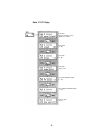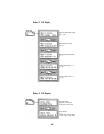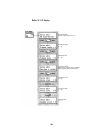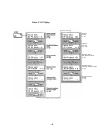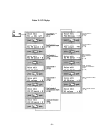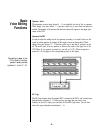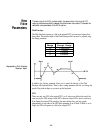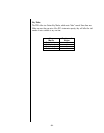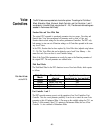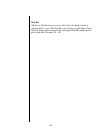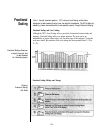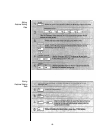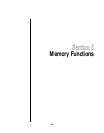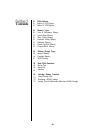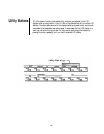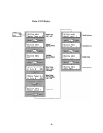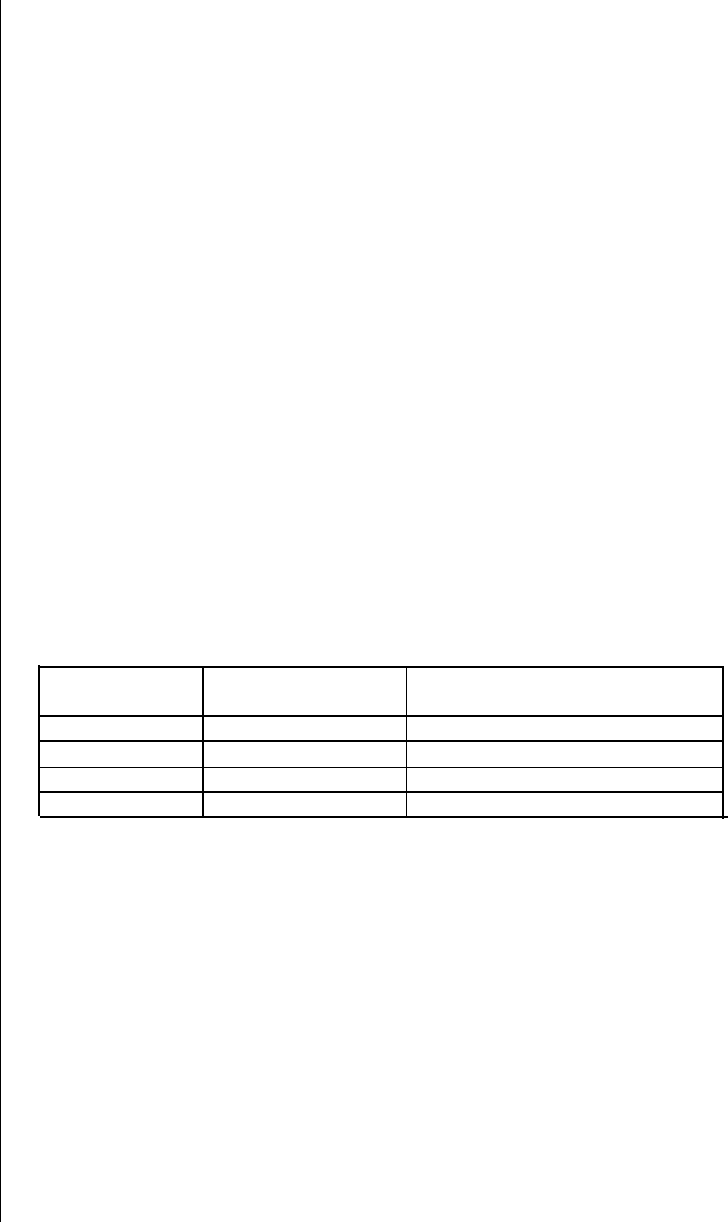
Voice
Controllers
Pitch Bend Modes
on the DX7s.
The DX7s features an expanded set of controller options. The settings for Pitch Bend
Wheel, Modulation Wheel, Aftertouch, Breath Controller, and Foot Controllers 1 and 2
are adjusted in Voice Edit Mode, using buttons 24 ~ 26
(The other controller settings are
accessed in Performance Edit Mode.)
Function Data and Voice Effect Data
The original DX7 separated its operational parameters into two groups: Voice data and
Function data. Voice data encompassed all parameters used to create a Voice, and
Function data involved settings for the various performance Controllers. The DX7 only
had memory to store one set of Function settings, so all Controllers operated in the same
way for all Voices.
In the DX7s, Function data has been replaced by Voice Effect data (adjusted using buttons
23 ~ 26). This Voice Effect data can be adjusted as part of each Voice Memory — this
means that each Voice can have its own Controller settings.
Most of the Voice Effect parameters are exactly the same as the Function parameters of
the original DX7. The new parameters are outlined below.
Pitch Bend Modes
The Pitch Bend Wheel in the DX7s functions in one of four basic Modes, which operate
as follows:
Pitch Bend
Chord notes Applied to sound
Mode
affected
sustained by foot switch?
Normal
all notes
yes
Lowest
lowest note only yes
Highest
highest note only yes
Key-on
all notes
no
Foot Controller 1 and 2
The DX7s provides memory space to set the operation of two Foot Controllers. Foot
Controller 1 also has a new parameter possibility. It can be set to control the same Voice
parameter as that of Continuous Slider 1. (For more on the available settings for CS 1, see
Section 3 of this manual.) Since CS 1 operates in Performance Mode, this use of Foot
Controller 1 is also confined to Performance Mode.
-
55
-



